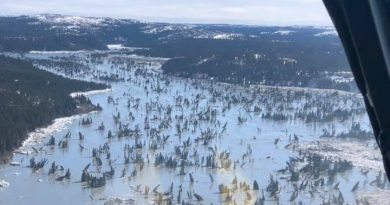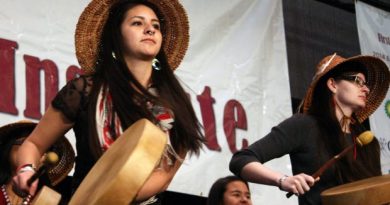Makivvik launches climate adaptation strategy for Nunavik
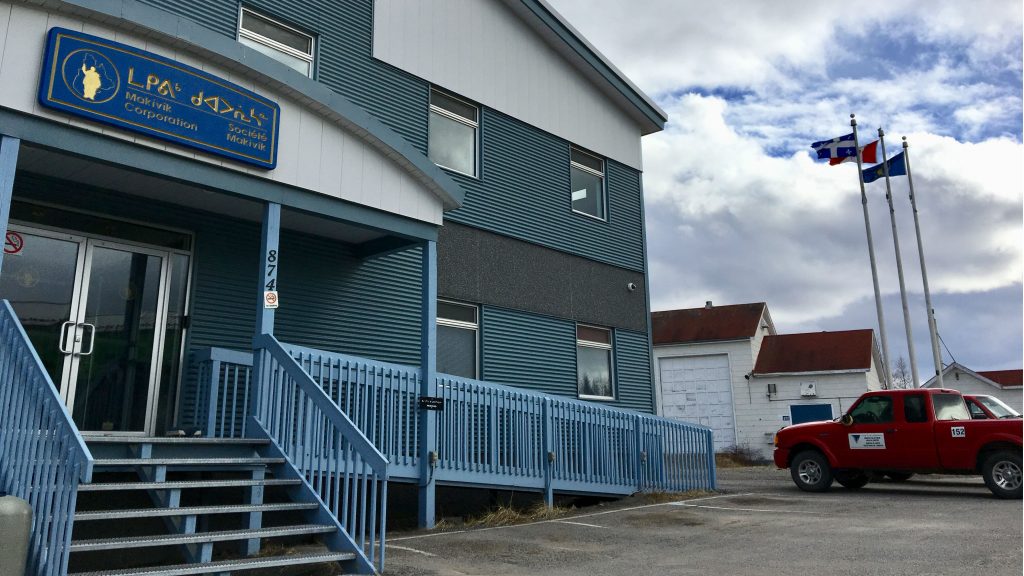
The organization that represents Inuit in northern Quebec released a climate adaptation strategy for the region on Wednesday, saying self-determination would be key for Nunavik’s resilience amidst environmental change.
“Nunavik Inuit have a fundamental right to determine the future of our society and territory, including regarding how we adapt to climatic changes that are affecting our health, economy, country foods, cultural practices, infrastructure, travel connectivity and homeland,” the report said.
“Not making these adaptations will also be a risk for Nunavik, for example, not being adequately prepared for and adapted to a future low-carbon economy.”
Stress on buildings and roads
Infrastructure, protecting health and maintaining the delivery of essential services are the three other pillars of the plan.
Permafrost melt and its effects on roads and buildings, is putting additional stress on a region already facing a severe housing shortage and construction challenges, the strategy said.
The report suggests that despite the initial investment and planning needed to enhance the resilience of Nunavik’s built environment, it is projected to be less costly in the long run compared to taking no action.
“While adapting Nunavik’s infrastructure to become more climate-resilient will require significant investment and changes in policies and practices, prevention of issues will be more cost-effective than dealing with their consequences,” the strategy said.
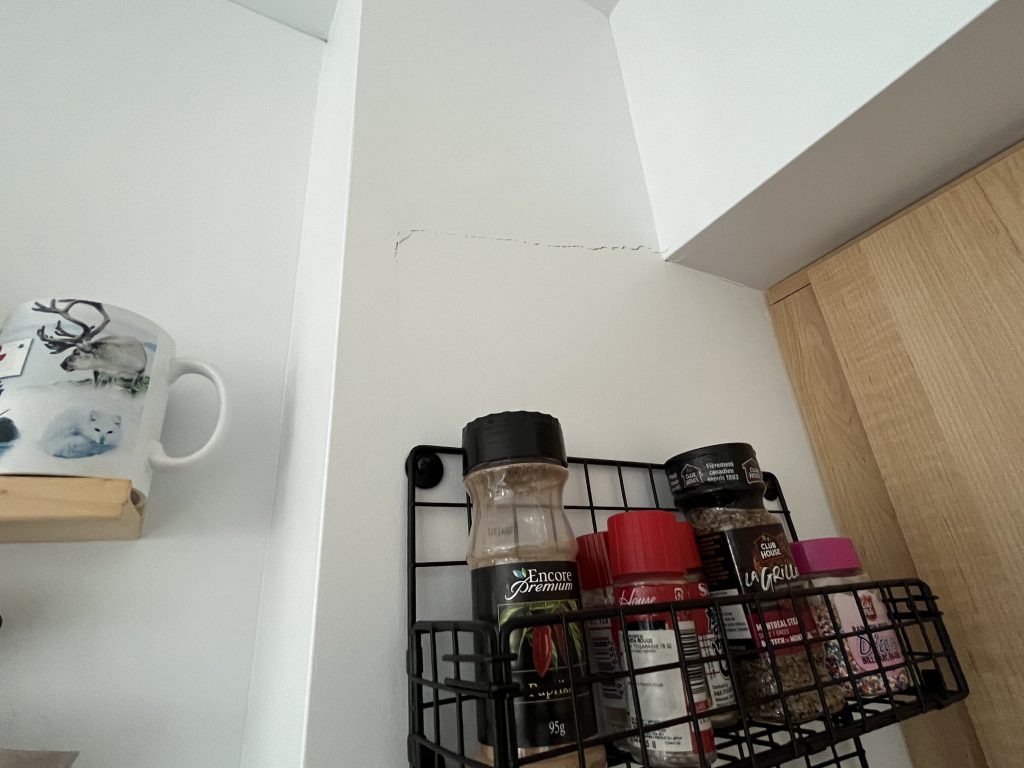
As traditional hunting routes increasingly pose risks due to thinning ice, and communities are called to respond to evolving hazards such as landslides and wildfires, the report says special attention is warranted to ensure the safety, health and well-being of residents.
“Maintaining traditional practices on the land has become increasingly difficult as climate change reduces the duration and extent of safe travel on sea and freshwater ice,” the strategy said.
“These changes are compounding with other changes in the environment that are affecting country food access, such as the location and abundance of wildlife. Reduced land access also affects our mental, cultural and spiritual health and well-being and connection to our homeland.”
Impact of unpredictable weather on community services
The fly-in status of the region’s communities and their reliance on air and boat transport for goods and services also necessitates increased collaborative planning as weather conditions become more unpredictable, the report said.
“Increased extreme weather events, stronger winds, and precipitation changes (e.g., increased ice fog) are affecting the regularity and timeliness of air access in and out of communities, with risks for access to essential goods and emergency medical care,” the report said.
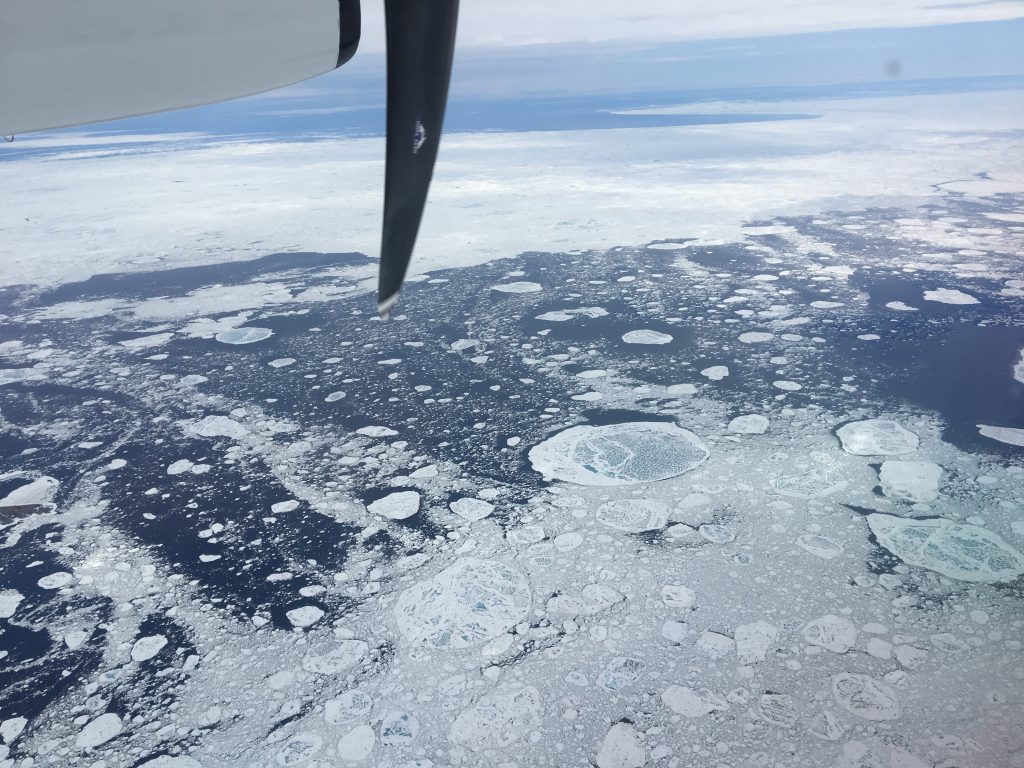
The strategy highlighted this would impact community-level service delivery as well.
“Climate change also creates risks for disruption of essential services in communities, including water and sewage services and snow clearing,” the strategy said.
“ An increase in winter precipitation will require increased snow removal operations to avoid disruptions, requiring a larger workforce and snow removal fleet and increased equipment maintenance.”
Organization hopes strategy helps advance priorities
Makivvik developed the strategy from 2019-2023 said 150 Nunavik knowledge holders and other experts contributed to what’s in the final document. The strategy was presented to Nunavik communities over an eight month period in 2023 so locals could give their feedback before the version was finalized.
Adamie Delisle Alaku, Makkivik’s executive vice-president of the Department of Environment, Wildlife and Research, said in the report’s introduction that he hopes the strategy can become a blueprint for working with multiple levels of government on climate going ahead.
“We trust that this Strategy will foster a robust and fruitful partnership between Nunavik communities and organizations, provincial and federal governments and the scientific community and streamline climate change actions and decisions towards our priorities and goals for the future,” he said.
Comments, tips or story ideas? Contact Eilís at eilis.quinn(at)cbc.ca
Related stories from around the North:
Canada: “Our climate is changing before our eyes,” says WMO upon release of new report, Eye on the Arctic
Greenland: Alarming, above-average ice loss in Greenland due to rising temperatures, Eye on the Arctic
Norway: Polar heat record. July average above 10°C, The Independent Barents Observer
Sweden: Another year of shrinking glaciers predicted in Sweden’s Far North, CBC News
United States: Bursting ice dam in Alaska highlights risks of glacial flooding around the globe, The Associated Press


